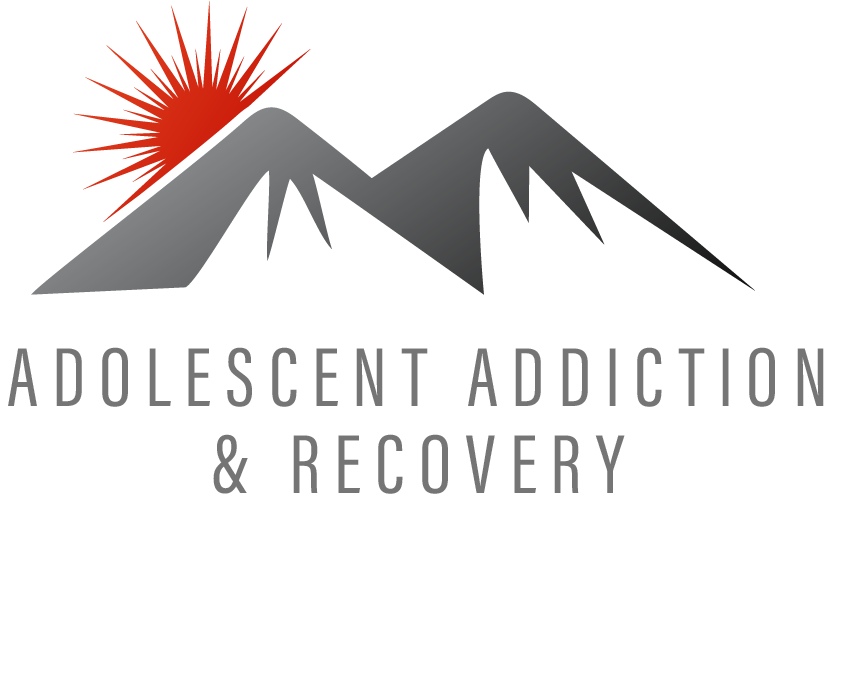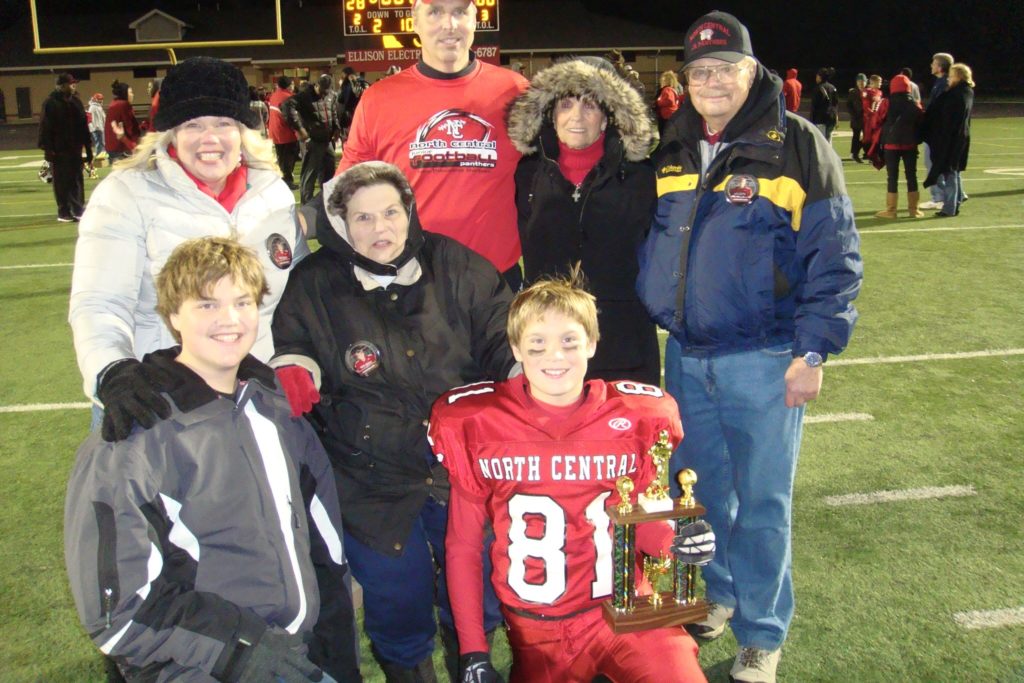In my certification course to become a Family Recovery Coach, part of my homework was to reflect on how I/we added love (or if we did) in contributing to Carson’s recovery. Wow! Well, yes….duh! Right?! I’m his mom, Sloan is his dad, of course we loved him! After, reading through the chapter from the book Balm: The Loving Path to Family Recovery (which my course work is through), I meditated and reflected on what was really being asked. Below is how I chose to answer. It was quite a revelation. ANSWER: When our son’s started experimenting in their teen years, I/we still had the idea that it was bad choices on their part because they were teenagers and that is what teens do, they rebel and push the envelope. As one son’s experimentation turned into regular use, I/we still felt he could ”control” it. He could choose to drink or drug. So we disciplined as though that were the case. Bad kid, Bad choices v/s Good kid, Good choices. After his first stay in an adolescent inpatient program, we learned that addiction is a brain disorder/disease/mental health disorder. When we came to that realization, we looked at his behavior as a symptom not a malicious intent. This really helped me change my attitude from angry and frustrated to being more loving and kinder. I believed he couldn’t help it. That he wasn’t doing it on purpose. Especially when we started catching him high or trying to get high more often. We started to see a pattern of “abstinence (baseball season), purchase just a little something (reward for being abstinent), to full on bender where we constantly chased him or ran interference (3 weeks usually), to crisis (catastrophic behavior, jail, overdose), finally rehab. Each time he went into rehab it was for a longer stay but never enough till we moved him out of state. I think we, as a society, do not want to embark on a loving path to help our struggling loved one because of generations of being told that love is enabling. “If we love, it will encourage his use.” “If we punish then we are not contributing, we are setting boundaries.” “If we take our love away then they will want to get sober, right?” NOOOOOOOOO!….Just writing that last sentence and reading it back sounded ludicrous! Substance Use Disorder has a lot of shame and stigma around it….The user feels so bad for using because it is bad for them and they know it so they say, “I am going to stop!” “I’ll never drink or drug again!” Until, 2 to 24hrs or weeks of rehab go by and they lose their resolve which then they slip/relapse. When they wake up from that they feel like shit physically and emotionally and the cycle starts again. It’s maddening! Sooo, what if we change our attitude on how to relate to someone with a Substance Use Disorder? What if by looking at them through the lens of love, we then develop compassion, empathy and grace which then when projected on to our loved one or someone afflicted they feel that love?…..Then maybe just maybe there will be a shift and they will feel worthy of getting sober? Did we love him into recovery? Yes! Absolutely! Was it always “rainbows and skittles” (to quote Carson)? Nope! Is loving someone with the disease of addiction easy? Nope! Is it worth it? Yep!:)

